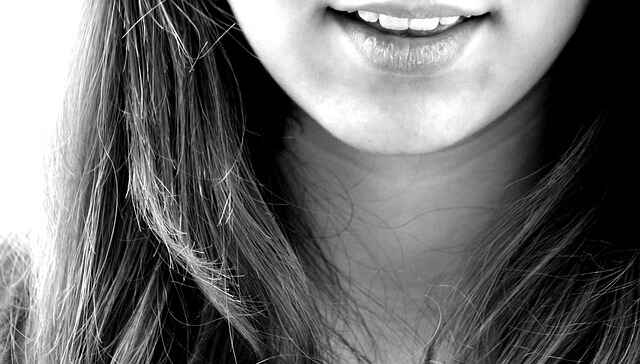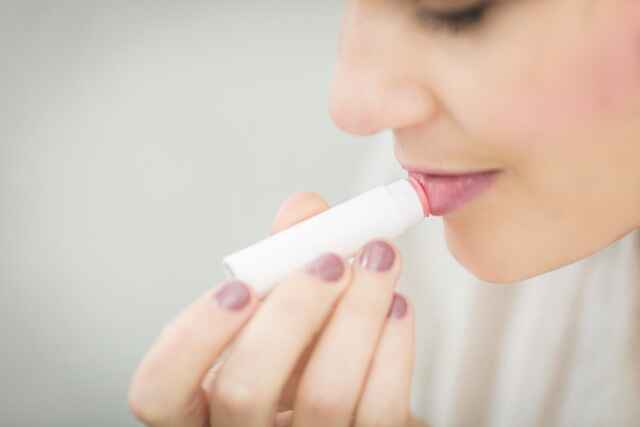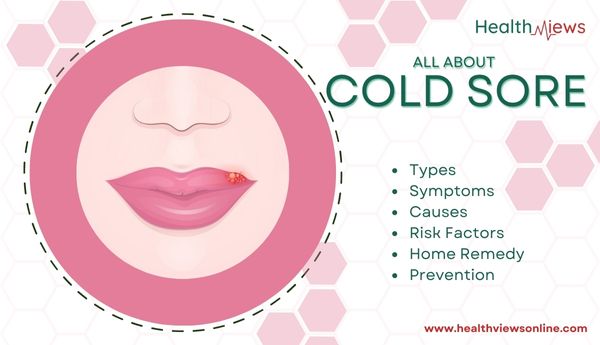What are cold sores?
Cold sores are red, fluid-filled blisters that appear on the face or near the lips. Rarely, cold sores may develop on the lips, nose, or interior of the mouth. They typically form patches that are grouped together. For up to two weeks, cold sores can persist.
Cold sores are a typical symptom of the herpes simplex virus. Through intimate interactions like kissing, they can transmit from one person to another. The lesions are contagious regardless of whether they are visible. (Source)
Types of Cold sores
Cold sores can be caused by two types of viruses
- HSV-1
- HSV-2
Cold sores are caused by type 1, while genital herpes is caused by type 2, but both can be found in both areas. Furthermore, both HSV-1 and HSV-2 have the capacity to result in mouth sores and sores on the genitalia.
What causes cold sores?
The virus can become active due to a variety of factors, resulting in one or more cold sores. They may include the following:
- Fatigue and tiredness
- Skin break near the affected area occurs
- Menstruation
- Strong sunlight, cold, or wind
- Alcohol
- Colds, flu, or fevers that make the body less capable of fighting infection
Also Read: All About Ringworm: Types, Symptoms, Causes, Risk Factors, Home Remedy, Prevention

Cold sore symptoms
Several days before it appears you might feel a tingling or burning feeling on your lips or face. The optimum time to begin therapy is right now. When the sore develops, a fluid-filled, elevated, red blister will be seen. Usually, it will be sensitive to touch and painful. There could be more than one ache at a time.
The contagious nature of the cold sore will last for up to two weeks before it crusts over. After catching the herpes simplex virus, your initial cold sore can not show up for up to 20 days. Throughout an outbreak, you might additionally encounter one or more of the following signs:
- fever
- muscle aches
- swollen lymph nodes
If you experience any eye symptoms when a cold-sore outbreak is in progress, you need to consult your doctor right once. If the herpes simplex virus is not treated right away, it might cause permanent visual loss.
Cold sore risk factors
90% of adults around the world test positive for the herpes simplex type 1 virus, according to the Mayo Clinic. Once the virus has been contracted, particular risk factors, like:
- infection, fever, or a cold
- sun exposure
- stress
- HIV/AIDS or a weakened immune system
- menstruation
- severe burns
- chemotherapy
If you kiss someone who has a cold sore, share food or drink with them, or share personal care items like toothbrushes and razors, you run the risk of acquiring a sore. Even though there are no obvious blisters, you can contract the virus if you come into contact with the saliva of a person who has it.
Also Read: Actinic Keratosis: Types, Causes, Risk Factors, Prevention, Home Remedy, Facts
Prevention of cold sores
You should frequently wash your hands and avoid skin-to-skin contact with others to prevent the spread of cold sores. During an epidemic, be sure to avoid sharing anything that comes in contact with your mouth, such as lip balm and eating utensils.
Understanding your triggers and taking action to avoid them will help you prevent the cold sore virus from reactivating. Following is some preventative advice:
- Apply a zinc oxide lip balm before soaking up some rays if you develop cold sores when you’re in the sun.
- Try stress-reduction methods like meditation and journaling if a cold sore appears every time you’re anxious.
- Never kiss someone who has a cold sore, and never engage in oral sex with someone who has active genital herpes.

Home remedies
Applying ice or washcloths soaked in cold water over the sores may help to reduce the symptoms. Using lip balm with lemon extract is one of the alternative remedies for cold sores. For some persons, less frequent breakouts are related to regular lysine supplementation.
Aloe vera, the cooling gel found inside the aloe plant’s leaves, may provide comfort for cold sores. Three times a day, apply aloe vera gel or lip balm to a cold sore. Though it might reduce discomfort, petroleum jelly, such as Vaseline, won’t always help a cold sore heal.
Want to know about other skin disorders? Check out Skin Problems on Health Views Online.





